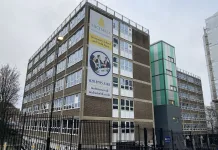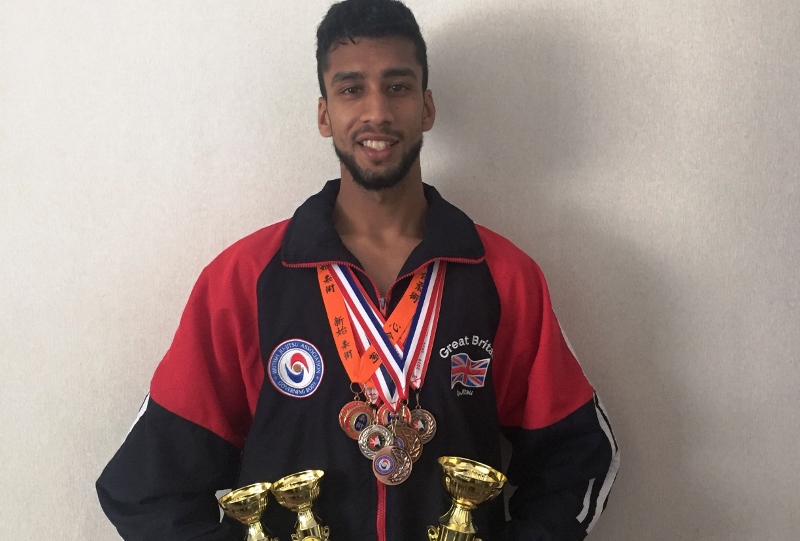
Sharing Voices continue breaking down barriers in mental
For more than ten years, one charity in Bradford has been providing therapy and counselling services to the city’s diverse communities, and now, a new service has launched to offer care targeted at the Muslim community.
Sharing Voices, in Manningham, is a leading mental health organisation working with black and minority ethnic communities in culturally sensitive and appropriate ways.
The subject of mental health is often considered ‘taboo’ in some cultures and as such, individuals may not come forward to receive the support they need in fear of persecution from their community.
The team at Sharing Voices have been combating this belief by engaging BME individuals and communities in an inclusive and progressive manner, recognising and valuing their cultural, religious, linguistic, and spiritual backgrounds more.
Deputy Manager, Fozia Sarwar, said the charity’s work was making a difference yet there was still work to be done.
“We have seen people come through the doors on their own but time and time again we are seeing people access these services as a very last resort,” she said.
“Mental health is not something to be ashamed of, it can affect any person at any time and we have the support network available to help.

“Speaking with a councillor for a one-hour session a week is not the right way to deal with every person.
“A can of worms, 13-years-old, can be opened in that one hour and then you have to wait another week to revisit the subject – it is neither productive nor healthy.”
Sharing Voices developed BCTS (Bradford Community Therapeutic Service) last year, bringing together professionals from different areas to provide cultural services to the community.
The ‘Ihsaan’ initiative is the first chance of receiving professional therapy through the project, offering a specialised service that provides psychological therapies which are compatible with an Islamic understanding of the ‘self’ and its dynamics.
It takes an organic view of the person and diagnostic account of factors such as the individual’s ‘fitra’ (the natural state of being), physical illness, cultural and religious factors, diet and spiritual conditions that can all affect mental state.
Professor Abdur Rasjid Skinner, consultant clinical psychologist, is a clinical lead for the project and explained how important it was to take into account a person’s ‘complete self’.
“Ihsaan, unlike western psychology, is based more on a view of the ‘self’ that is devised from philosophical ideologies and cultural zeitgeists,” he said.
“At the moment we run as a charity but are receiving more and more referrals from GPs and have around 10 therapists.
“Our Islamic approach to diagnosis and treatment looks at the wider picture, and deals with the self, from the inner-spiritual to the physical.
“We pay more attention to the relationship between body and spiritual state compared to western society which are religiously and culturally appropriate.
“You must look at everything with a person. As well as the physical and cognitive state, there is the possibility of conditions related to trauma, or states of remorse – all types of ‘hidden weaknesses’.”
All Ihsaan therapists work within the ethical frameworks for good practice, recognised by the HCPC (Health and Care Professions Council), BACP (British Associationfor Counselling and Psychotherapy) BABCP (British Association for Behavioural and Cognitive Psychotherapies) or BPS (British Psychological Society).
More information about Ihsaan is available by visiting www.ihsaan.org.uk.














